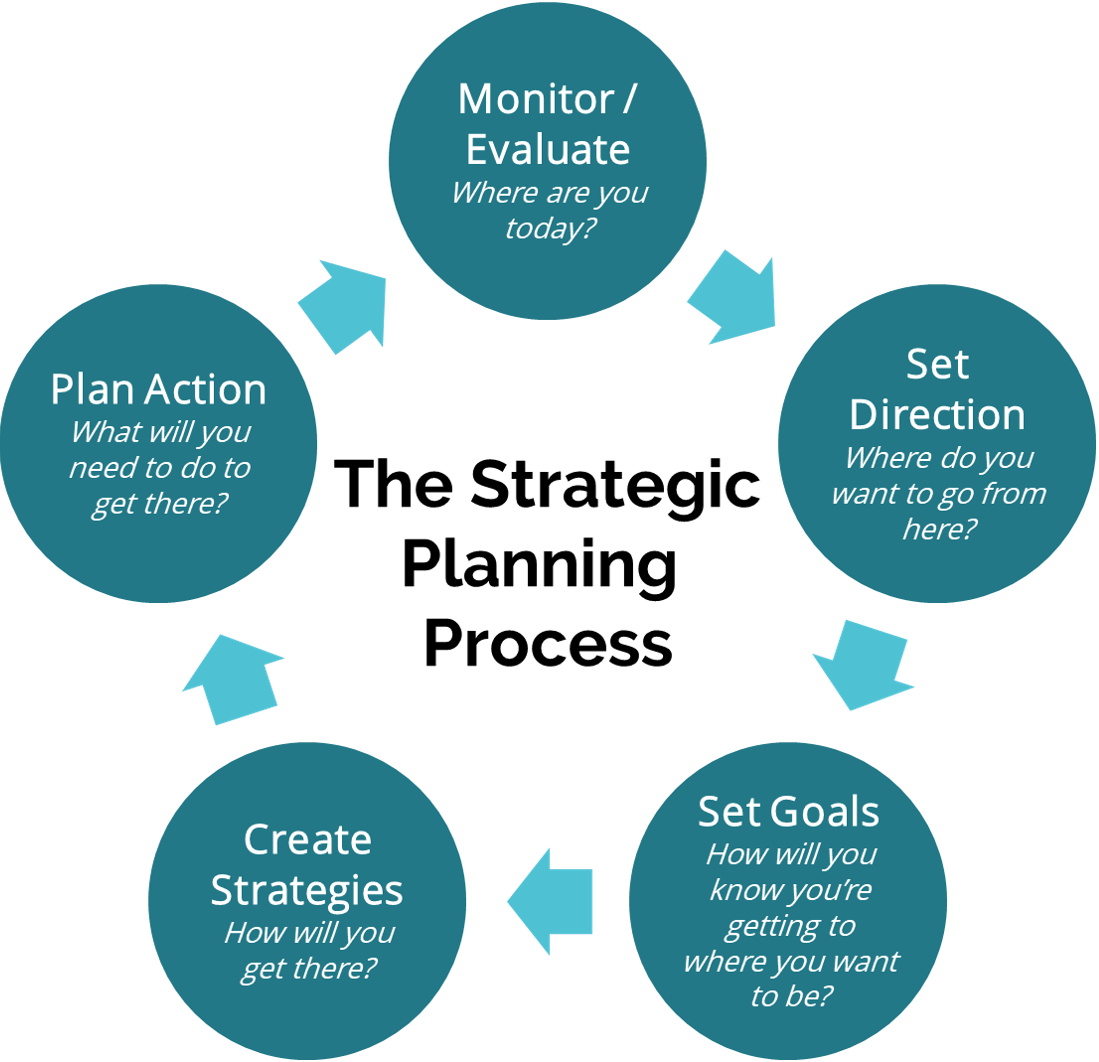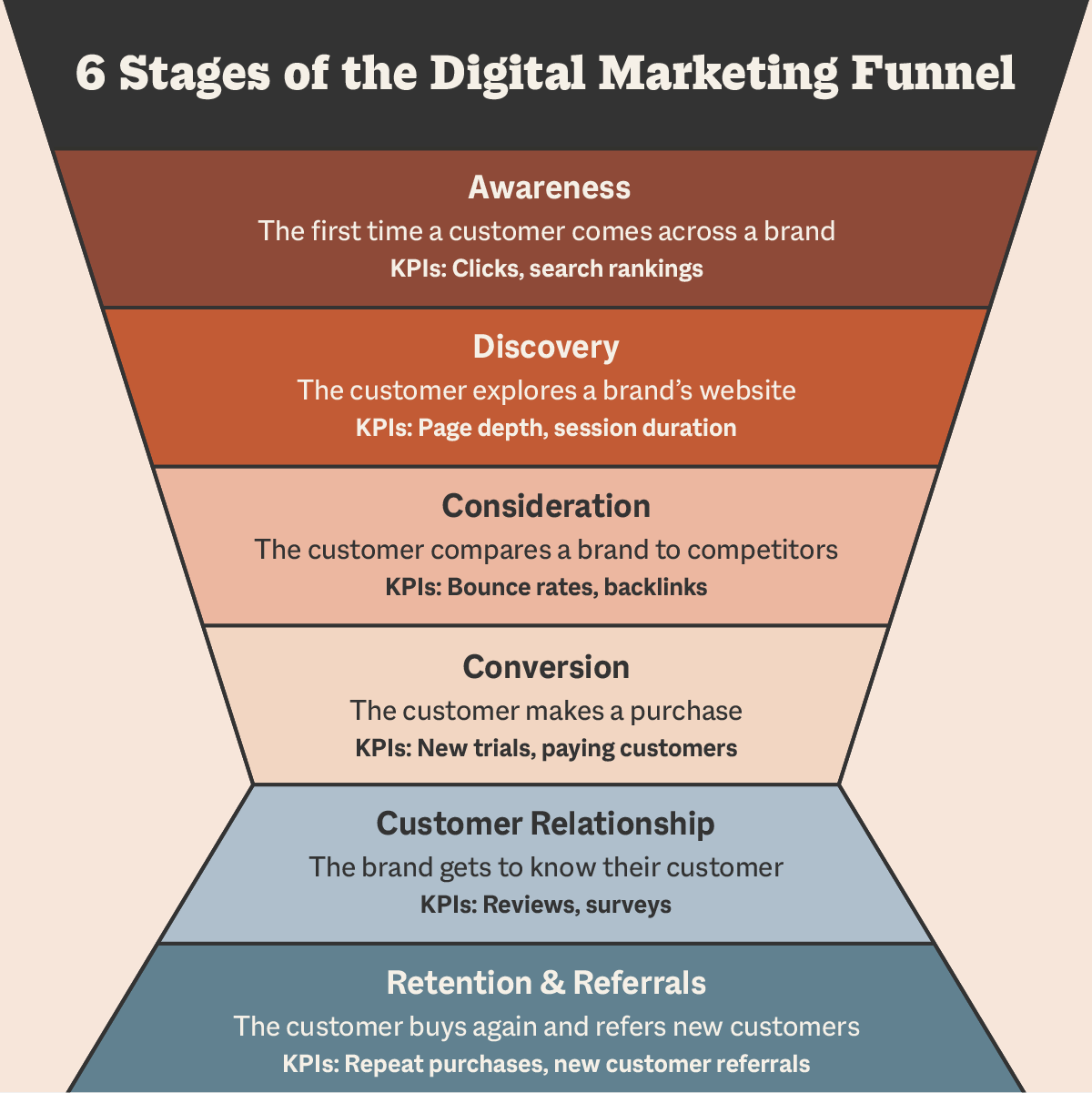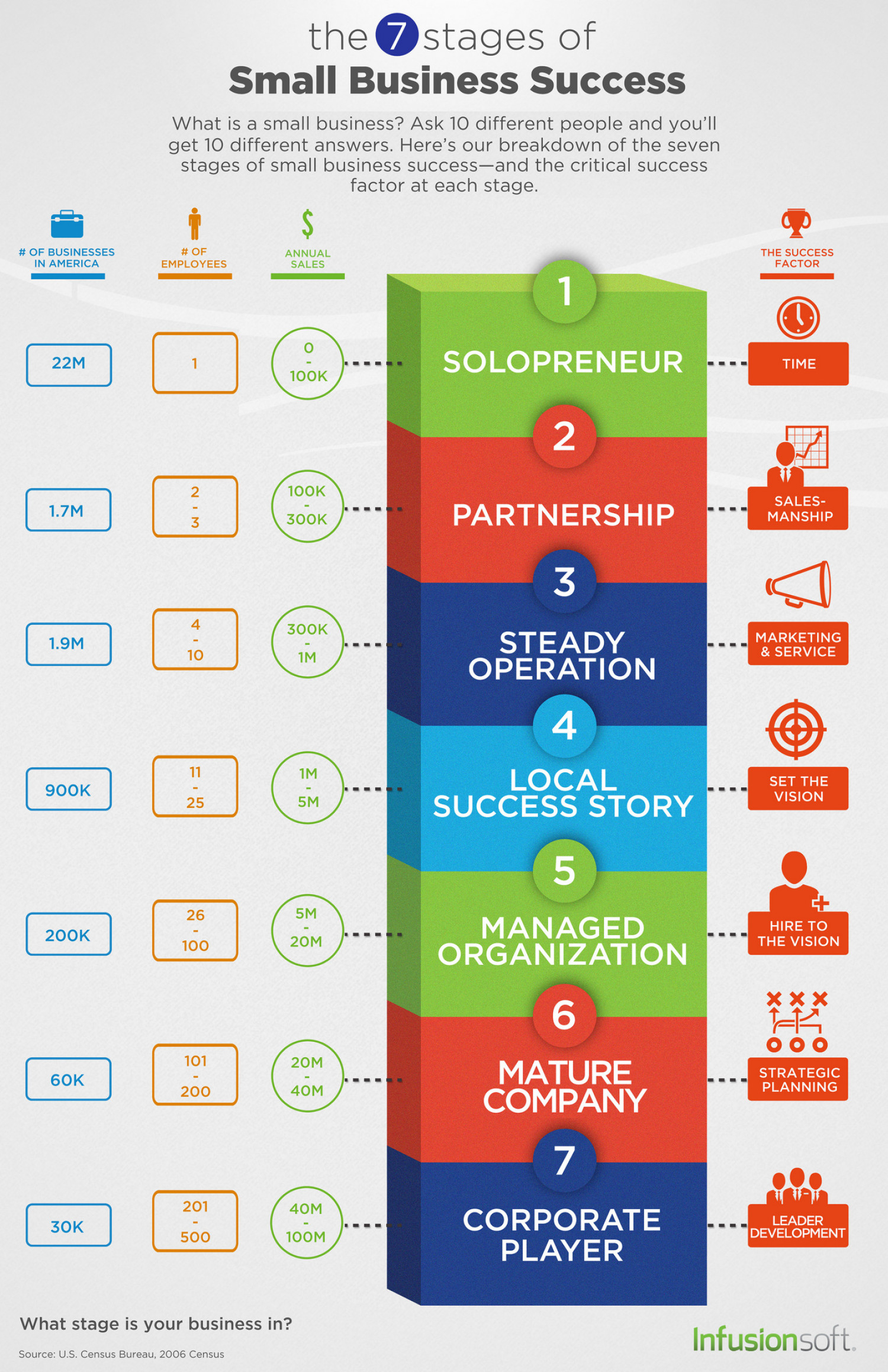Strategic Planning – The Key to Successful Business and Entrepreneurship
For any business, whether big or small, a well thought-out plan is a must-have if they want to achieve their goals and thrive in today’s competitive market. This is where strategic planning comes in. Strategic planning is the process of creating a long-term plan that outlines a company’s goals, mission, vision, and actionable steps to achieve those goals.
In this blog post, we’ll dive deep into the importance of strategic planning for businesses and entrepreneurs and how it can help them succeed.
1. Identifying Goals and Objectives
A strategic plan helps in identifying both short-term and long-term goals and therefore helps in outlining the roadmap to success. By defining achievable targets, strategies, and timelines, businesses can identify their strengths, weaknesses, and areas of improvement. This insights-driven planning can help make informed decisions and allow the business or entrepreneur to adapt better to changes in the market.
2. Focusing on Core Competencies
A strategic plan helps businesses and entrepreneurs prioritize their core competencies, which in turn help them stand out in the market. By focusing on their strengths, a company can sharpen its competitive edge and stay ahead of the curve. This can result in increased brand loyalty, customer retention, and improved customer acquisition.
3. Resource Allocation
In a resource-constrained environment, strategic planning helps businesses and entrepreneurs allocate their resources accordingly. A well-defined plan can ensure optimal utilization of their personnel, financial, and other resources. This can help reduce the risk of overspending or underspending, leading to better financial outcomes.
4. Risk Management
Entrepreneurs and businesses need to anticipate and manage risk. A strategic plan can help in identifying potential risks and provide a plan to mitigate them. By considering various risks, businesses can create contingency plans in case of unexpected market changes or shifts.
5. Alignment
A strategic plan helps in aligning all stakeholders – employees, management, investors, vendors, and other stakeholders – towards a common purpose. By creating a shared vision, companies can foster a culture of accountability, coordination, and transparency.
In conclusion, strategic planning is a vital component of business and entrepreneurship. By identifying goals, focusing on core competencies, allocating resources, managing risks, and aligning all stakeholders, businesses can achieve success and thrive in today’s dynamic market. Entrepreneurs should create a well-defined long-term strategic plan to set a clear direction for their business and outline actionable steps to achieve their goals.











